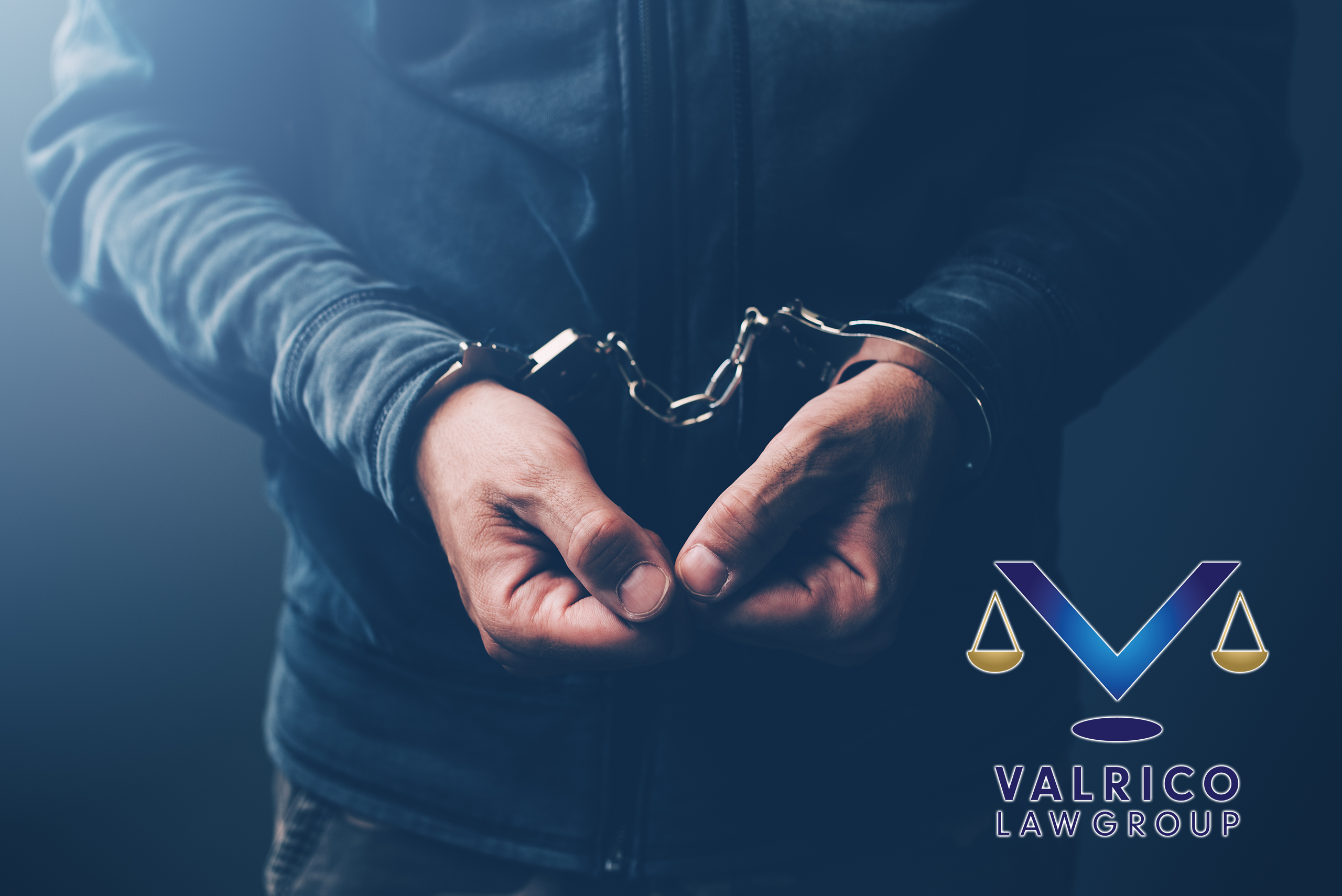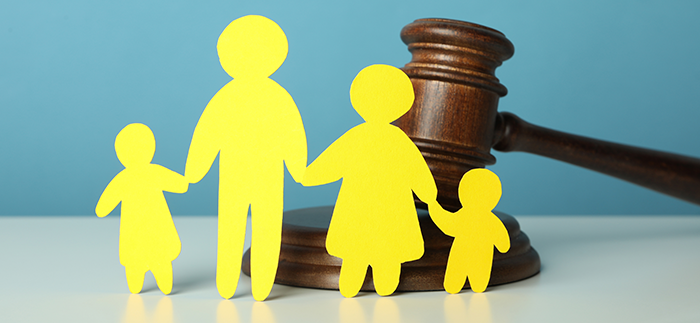The flip-side of a passionately romantic relationship is a passionately violent relationship. Based on the best numbers I could find online, there were approximately 4,000 domestic violence arrests last year in Hillsborough County, Florida. That number could be higher or lower as the data was not very precise.
It is the public policy of Florida to strongly discourage arrest and charges of both parties for domestic violence or dating violence on each other. Fla. Stat. 901.15(7). If a law enforcement officer has probable cause to believe that two or more persons have committed a misdemeanor or felony, or if two or more persons make complaints to the officer, the officer must try to determine who was the primary aggressor. Arrest is the preferred response only with respect to the primary aggressor and not the preferred response with respect to a person who acts in a reasonable manner to protect or defend oneself or another family or household member from domestic violence. Fla. Stat. 741.29(5)(b).
 Once the arrest occurs, there are definitely some do’s and don’ts. Here are the top 5 mistake people make following a Domestic Violence Battery arrest:
Once the arrest occurs, there are definitely some do’s and don’ts. Here are the top 5 mistake people make following a Domestic Violence Battery arrest:
- Speaking with the alleged victim. At First Appearance, unless the alleged victim appears and requests contact with the arrestee, the Court will order no contact with the alleged victim. No contact means no contact directly or indirectly. It means no contact regardless whether the alleged victim initiated contact. The alleged victim cannot unilaterally overrule the Court’s order of no contact. If the victim calls, simply hang up. If they approach, turn around. It is only after the court modifies or rescinds the order that contact is permissible.
- Expecting a quick dismissal. Be patient. In a good number of cases, the passions that led to the arrest eventually subside. It is possible that after a period of time, the alleged victim will regret getting law enforcement involved. Once that happens, a good resolution becomes likely.
- Not hiring an attorney. An attorney has been through the criminal process numerous times. An attorney can speak with the prosecutor, interview the alleged victim, and otherwise direct your path to a successful resolution. If your case requires a trial, they can put forward the best case for you to give you the best chance of a not guilty verdict. You wouldn’t try to conduct brain surgery on yourself; don’t try to be your own lawyer.
- Mitigating your case late in the process. Mitigation is gathering character letters, taking an anger management class, taking a batterer’s intervention program, providing community service, and anything else that shows the prosecutor that you are not a bad person and that you are trying to better yourself so that an event like the one that occurred will not happen again. It doesn’t show guilt. It helps your attorney get to a successful resolution. If you start late in the process, you may miss an opportunity to get to the result you want.
- Speaking with the alleged victim. This is so important that it had to be stated twice. If you violate the Court’s order, you will end up in jail for the duration of your case.
Please do not hesitate to call board certified criminal trial lawyer Adam Bantner with any other questions or concerns. 813.416.7965.


